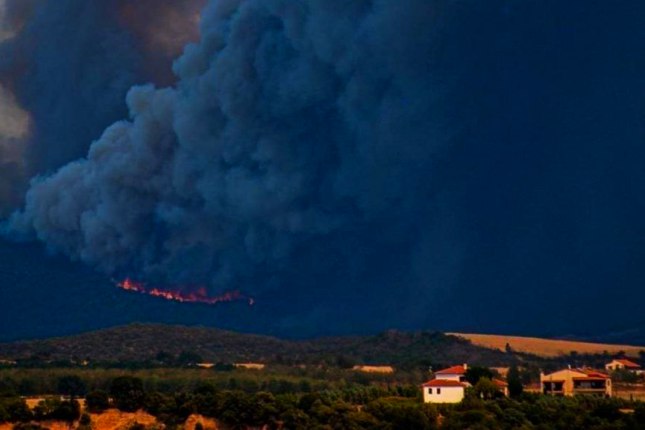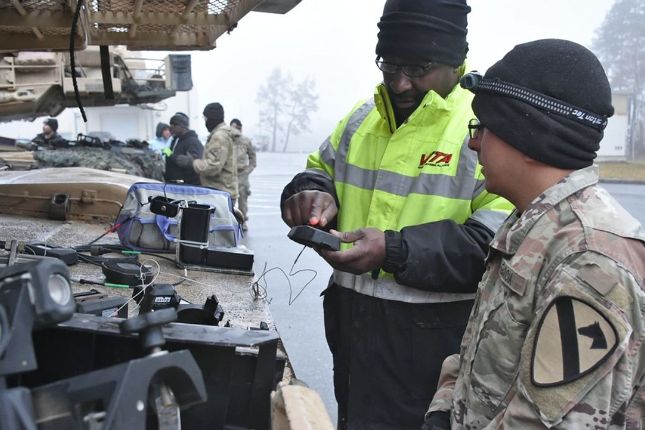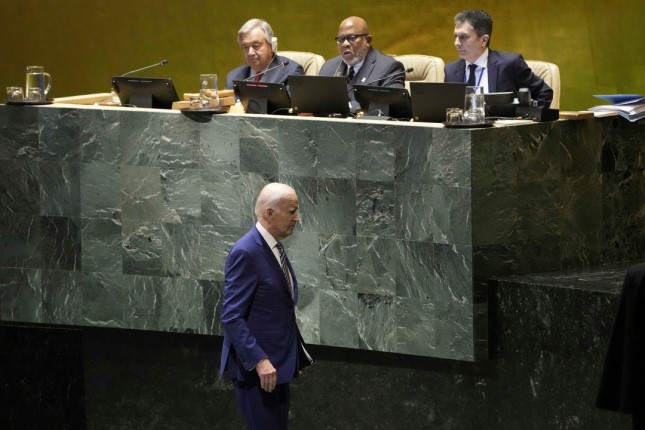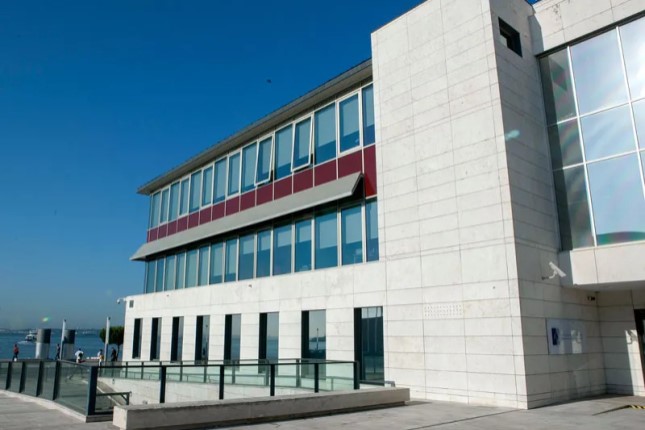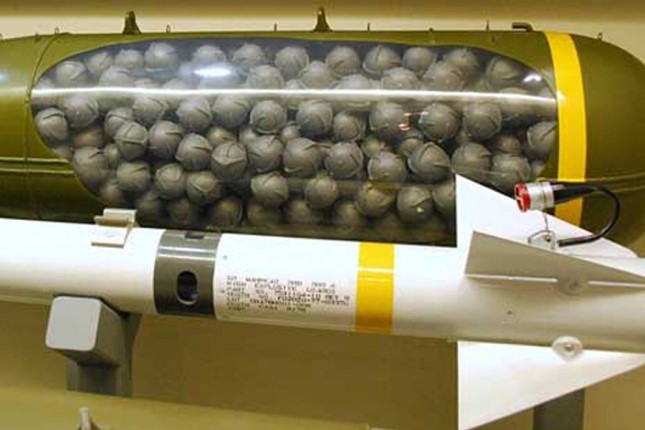The wildfire has already destroyed several homes but there are no reports of serious injuries to firefighters or residents. Some 200 firefighters, assisted by 16 water-dropping aircraft, volunteers and police, are battling the blaze.
The forest fire ignited in the early hours of Saturday close to the village of Melia, situated to the east of the city of Alexandroupolis.
The emergency number 112 on Sunday afternoon sent a message to the residents of three settlements, Avantas, Amfitriti and Maistros, to evacuate and move towards the city of Alexandroupolis. Earlier, 112 sent a message to the residents of Monastiraki and Doriskos to evacuate towards Feres.
According to the latest information from the Fire Brigade, the fire is in full progress on three main fronts with the largest southeast of the village Loutros heading to Monastiraki and Doriskos.
In the area are blowing strong winds up to 7 on the Beaufort scale that make the condition very difficult and dangerous.
Meanwhile, police have again suspended traffic on Egnatia Odos Kipi-Alexandroupolis due to the wildfire. Traffic has been interrupted from Ardani interchange to the Industrial Zone of Alexandroupolis interchange in both directions. Traffic is diverted to Feres-Alexandroupolis motorway.
A new message via the emergency number 112 was sent on Sunday to the citizens of Alexandroupolis to stay indoors with closed windows and doors due to the smoke.
Greece’s minister for civil protection, Vassilis Kikilias, said Sunday that firefighters, police, army personnel and volunteers were “waging an intense battle” in the Alexandroupolis area, and called for extreme public vigilance throughout the country Monday.
“No outdoors work that could trigger a fire will be permitted,” he said. “We must all protect our country.”
There is an extreme risk of fire (category 5) on Monday for the regions of Attica, eastern Greece (Viotia and Evia) and for northeastern Peloponnese (Corinthia and Argolida), according to the Fire Risk Forecast Map issued by the General Secretariat for Civil Protection at the climate crisis and civil protection ministry.
Additionally, there is a very high risk of fire (category 4) for several more regions of Greece.
Wildfires in Greece
Last month, devastating wildfires wreaked havoc in central Greece and the islands, leading to the compulsory evacuation of around 20,000 tourists from the resort island of Rhodes. Shortly thereafter, a water-dropping plane operated by the air force crashed while engaging in a blaze on the island of Evia, resulting in the loss of two air force pilots’ lives.
Over 600 fires swept across Greece, scorching hundreds of square miles of land and leaving thousands of tourists stranded. Recent extreme heat in the Mediterranean saw temperatures top 40C, as experts blamed climate change for the increasing frequency and intensity of wildfires.
Minister of Climate Crisis and Civil Protection of Greece Vassilis Kikilias claimed that arson was mostly to blame, commenting that the majority of the wildfires in Greece “were caused by human hands” and that they were “arsons either by criminal negligence or by intention.”
Source: Greek Reporter.
